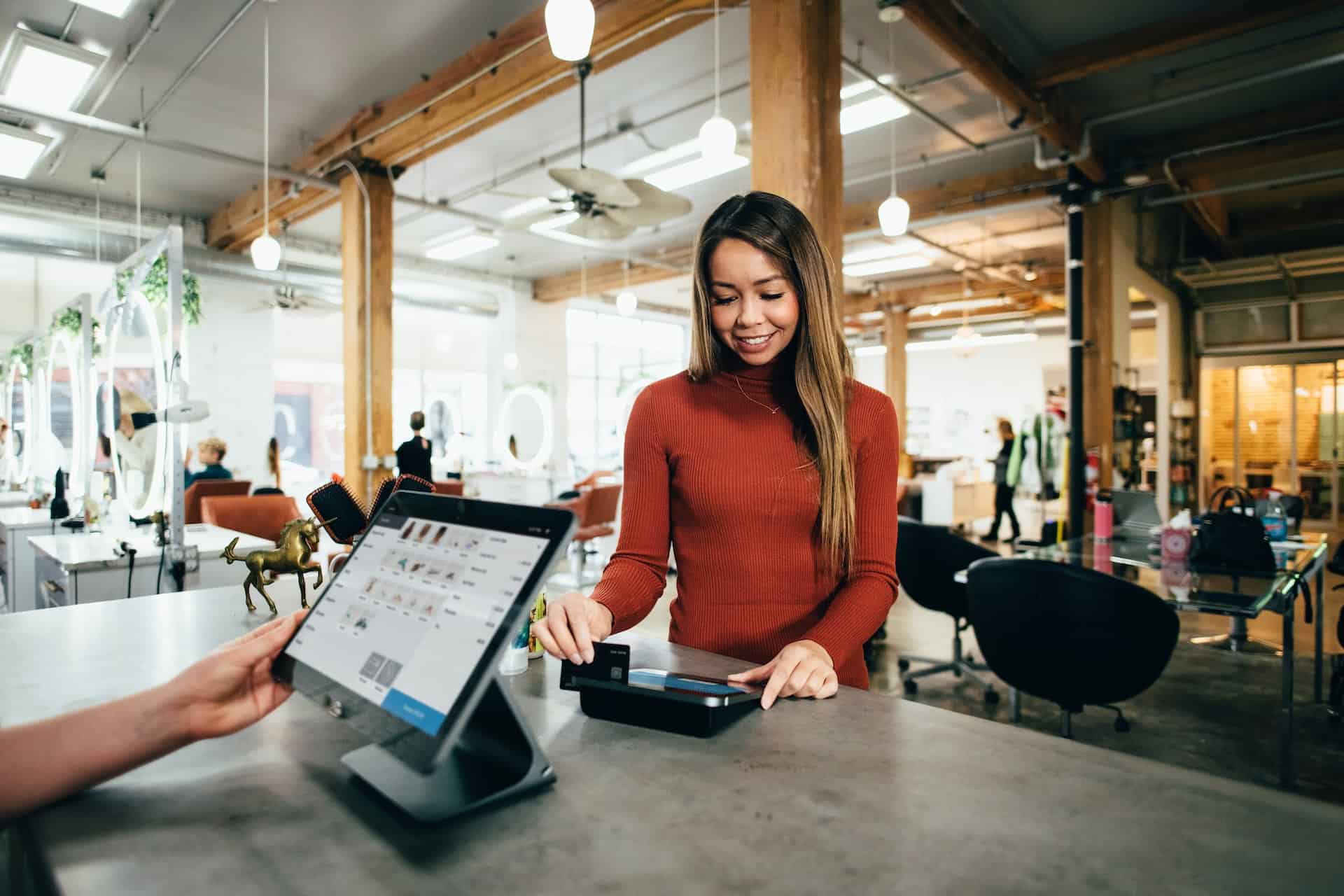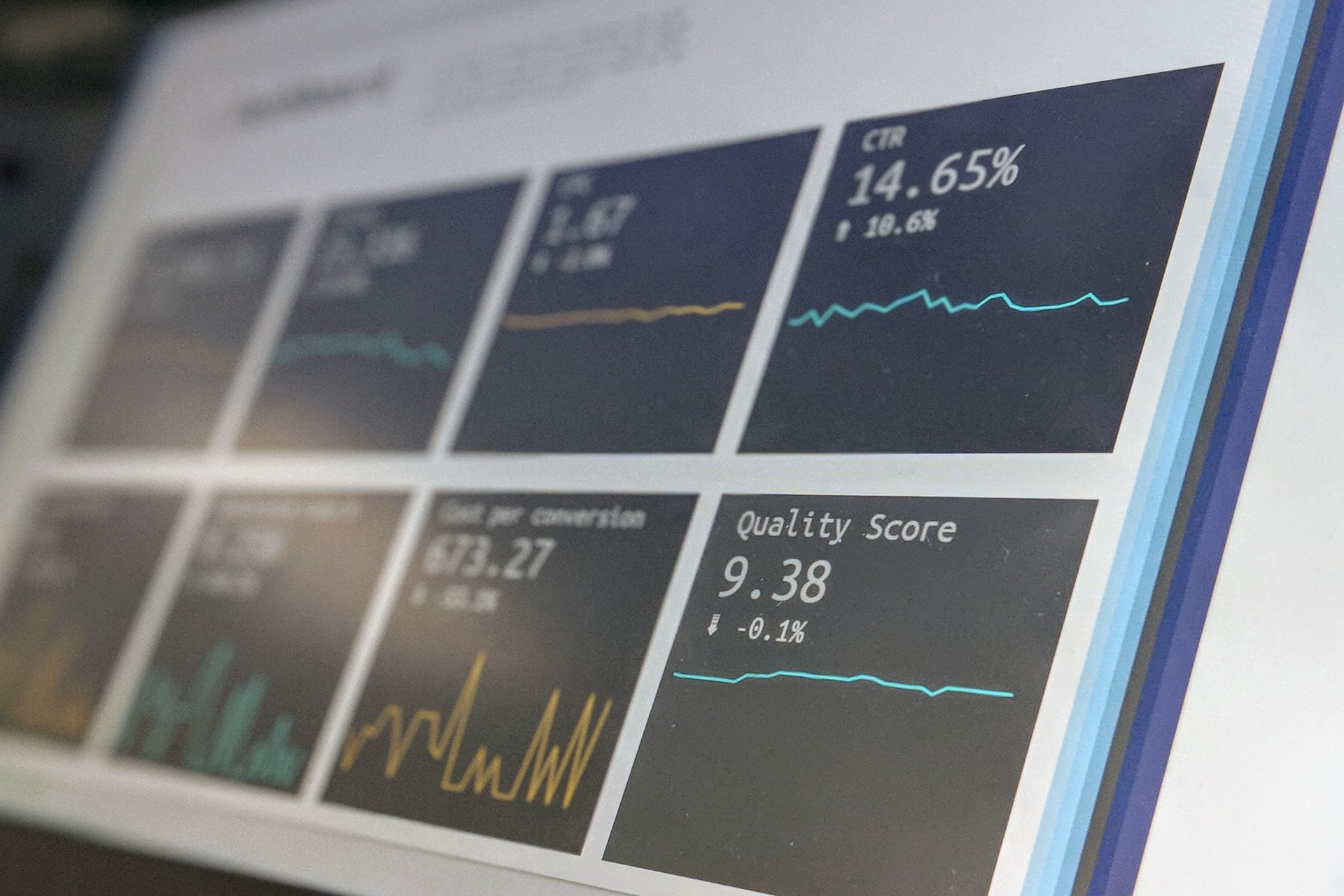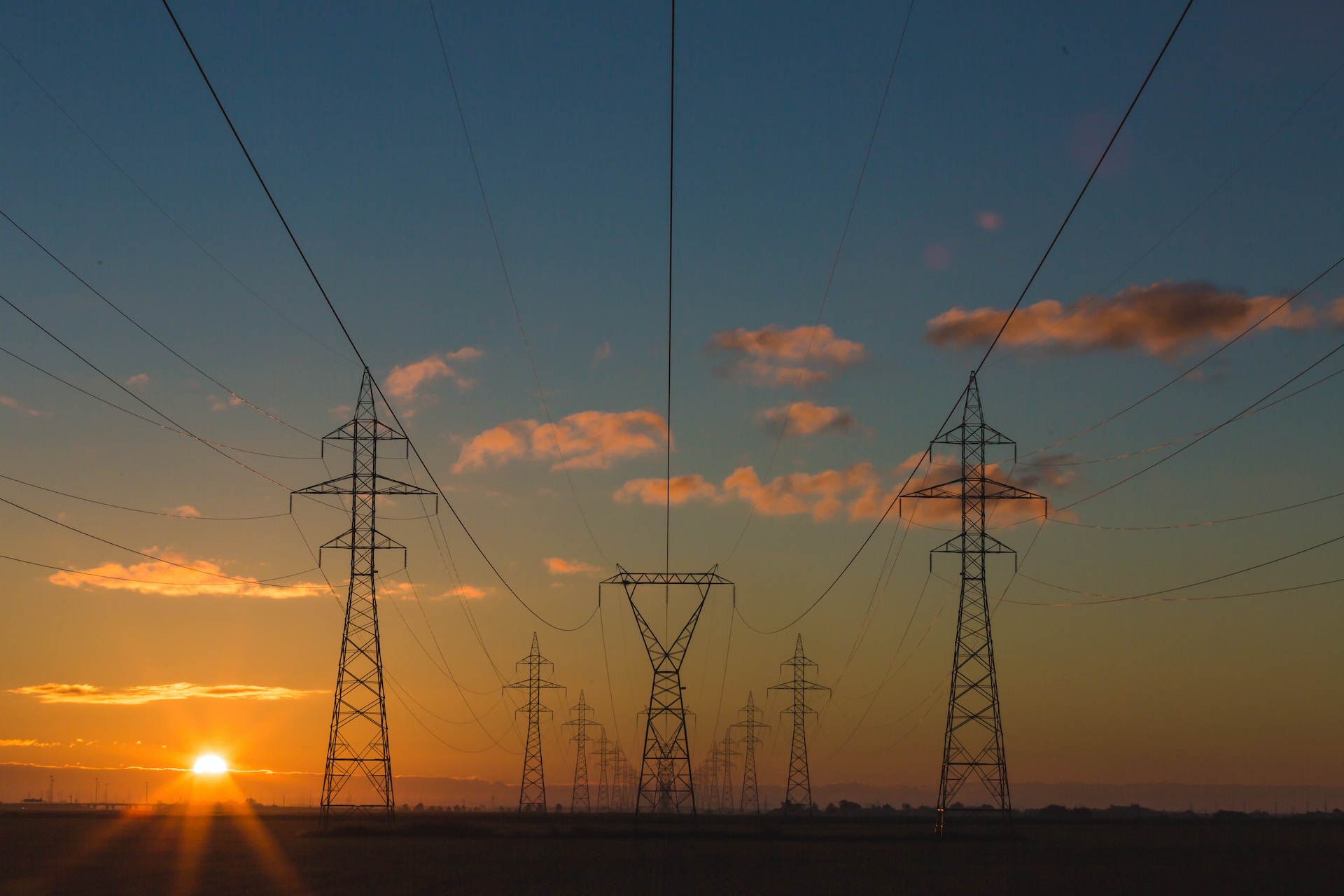
Credit Card Information Leaked? Use These Tips
February 12, 2023 - Ellie Gabel
Revolutionized is reader-supported. When you buy through links on our site, we may earn an affiliate commision. Learn more here.
A credit card information leak happens whenever unauthorized parties access those private details. Only the cardholder should have them, but the reality often looks quite different. Here’s how to prevent someone from getting your details and what to do if you think you’ve had your credit card information leaked.
Use Virtual Cards When Possible
One of the goals of preventing a credit card leak is to minimize the effects. Virtual cards let you do that. The specifics vary by provider, but you can sometimes use a different virtual card number for each transaction. That way, even if the number leaks, it’s unusable and doesn’t reveal your private information.
An important feature of virtual cards is that they even prevent merchants from seeing your information. That’s notable, especially given how so many high-profile companies have had gigantic breaches in recent years.
It’s also often possible to request virtual cards through your provider’s app. Then, once you have them, you can sometimes tweak settings or information, such as spending limits or expiration dates.
Virtual cards aren’t universal preventives against having your credit card information. After all, you can’t use them when shopping in physical stores or dining out. They’re exclusively for transactions you make online or over the phone. However, it’s worth getting used to using them, especially as a frequent online shopper.
Review Account Transactions Regularly
Awareness is essential for realizing that credit card information leaked. Some people go months or longer without ever checking their transactions. Others only glance at the details when their account statements arrive in the mail but never look at activity between those times. That’s problematic because it allows much more time for hackers to use stolen details.
Banks have high-tech fraud detection algorithms, but people shouldn’t count on those to flag and halt all suspicious activities. Hackers often do small transactions over long periods, so the fraud detection software doesn’t necessarily catch them. Similarly, it’s easier for those small transactions to slip past cardholders. That’s especially true if they come from stores where people shop regularly.
Awareness is vital for maintaining the privacy of your credit card details. Get into the habit of checking your account transactions daily and looking deeper into the unusual ones.
Some card providers let people link a phone and card, so those users get immediate smartphone notifications of transactions. Cardholders may also need to approve card activities before they go through successfully. In such cases, they’ll typically see smartphone notifications showing the company name and an amount. People then either need to select to approve or deny them.
Have Separate Cards for Daily Needs and Paying Bills
Paying bills with a credit card is not always the best option. However, it typically makes the most sense when people want to pay their bills automatically. That approach also helps people earn credit card perks for things they need to pay for anyway.
Some people have different cards for paying bills and taking care of their everyday needs. That’s often the most convenient option for them. However, it’s also a handy way to detect if their credit card information leaked. That’s most applicable if they begin seeing non-bill transactions on the cards usually chosen to take care of those ongoing obligations.
It’s still a good idea to use separate cards for paying bills and covering other needs, though. The affected parties must get replacement cards when a credit card leak happens. It’s understandably a hassle for many people to engage with all the companies involved in their monthly bills to provide new card details. However, using separate cards for distinct purposes makes it easier to know where to start when giving providers new billing information.
Make Transactions More Difficult
Many websites ask users if they’d like to store credit card information for future visits. Some browsers have a similar feature. That sounds convenient, but it can also lead to credit card misuse. Then, people may see unfamiliar transactions even without the credit card information leaked by a hacker.
That most often happens on shared computers. Family members may use stored credit card details, then tell themselves they’ll mention it to the cardholder and pay them back later. However, that last step might not ever happen. That’s why it’s wise to think carefully before storing credit card information or otherwise doing anything where someone could make a purchase without accessing the full details.
Experts suggest people make it harder to buy things when trying to get out of debt. That tactic can also thwart hacking attempts and casual misuse. Many cards also have a “freeze” option to deactivate them temporarily. That feature can curb impulse buying from the rightful card owner as well as preventing unauthorized use after a card leak.
Know the Signs of a Phishing Scam
Credit card leaks happen through various approaches. Some of them are outside cardholders’ hands, such as when hackers target retailers or install card skimmers at convenience stores. However, other efforts aim to directly engage users, convincing them to provide card details for an urgent reason.
People might get emails that seem to come from online stores or financial institutions. The messages urge recipients to provide their credit card details to “verify” a recent order. Similar requests may claim individuals have won things or even gotten new jobs but must provide credit card information first.
The best thing to do in situations like this is to directly contact the sender’s supposed company by phone rather than by replying to the email. For example, after getting an email from UPS that requests personal information, recipients should speak to someone from that logistics brand by phone to learn more.
Contact Card Providers Promptly and Say Your Credit Card Information Leaked
If you suspect a credit card leak, the first step should always be to contact the card issuer about the concern. Company representatives will look into the matter, often requiring the cardholder to verify or deny recent card activity.
Affected parties get new cards issued once providers confirm the problem. Companies typically reverse unauthorized transactions once cardholders prove they didn’t make them, too.
However, people must act quickly. The more time that passes after suspected card misuse, the harder it may be to recover the spent funds.
Check for the Theft of Other Information
Unfortunately, having credit card information leaked is often only the tip of the privacy-invasion iceberg. Social media often gets a bad rap for data harvesting. Indeed, security and information privacy specialists have verified that activity time and time again. However, people get their data compromised through credit card leaks, too.
Consider an October 2022 case where more than 1.2 million credit card numbers got exposed on a dark web marketplace known to offer that information. Those who had card numbers stolen also had details like their names, social security numbers, email addresses, phone numbers and residential addresses stolen.
People dealing with a known or suspected credit card leak should be extra watchful for anything indicating potential misuse of their details. Identity theft is a problem affecting millions of Americans, so it’s well worth knowing the warning signs.
People who see credit report errors, unexpected bank account withdrawals or two-factor authentication alerts of login attempts should consider themselves possible identity theft victims. Then, they may need to report that issue to the police, federal organizations or other parties, depending on the incident’s scope.
Change Card-Associated Passwords
Since data leaks often don’t end with card information, people should also change passwords linked to online card management systems. Otherwise, hackers could go into those accounts and make it so the genuine users can’t access them.
The usual suggestions for strong passwords apply here. For example, people should never use passwords that include birthdays, pets’ names, favorite bands or any other easily obtainable information. We live in a world where oversharing happens so easily and quickly, and before people ponder the possible consequences. Internet users leave online “breadcrumbs” hackers may exploit to learn more about them, including to crack passwords.
Don’t Assume You Won’t Have Your Credit Card Information Leaked
Consumers can do all the right things and still deal with credit card information leaks. That’s why people should resist feeling overly confident that such incidents will never happen to them. The best approach is to take the preventive measures mentioned here and elsewhere, then understand the need to act quickly if a leak occurs.
Revolutionized is reader-supported. When you buy through links on our site, we may earn an affiliate commision. Learn more here.
Author
Ellie Gabel
Ellie Gabel is a science writer specializing in astronomy and environmental science and is the Associate Editor of Revolutionized. Ellie's love of science stems from reading Richard Dawkins books and her favorite science magazines as a child, where she fell in love with the experiments included in each edition.




